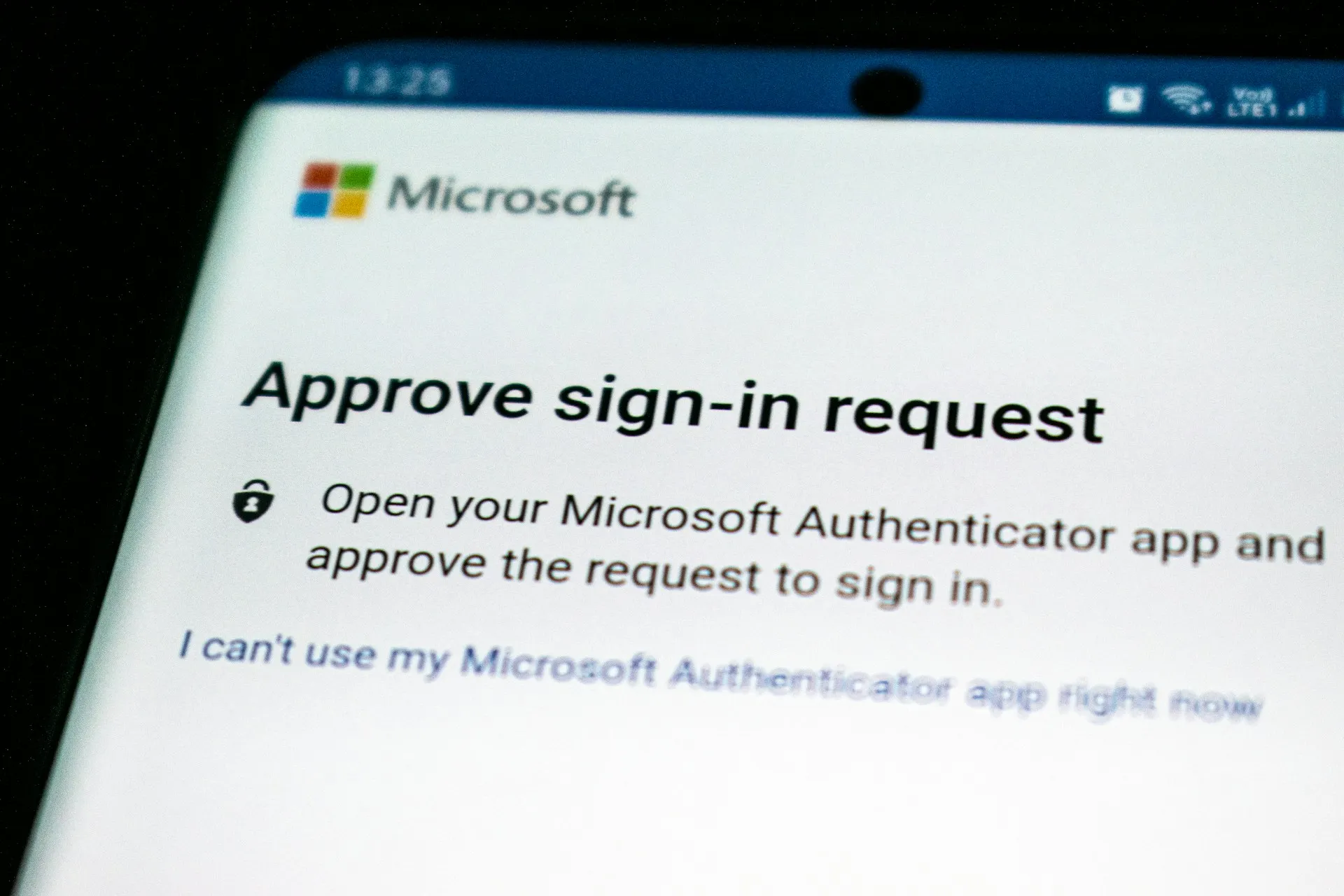Fortifying Your Small Business Against Cyber Threats
In the ever-evolving digital realm, the security of your small business is of utmost importance. As sophisticated phishing schemes become more prevalent and regulatory requirements advance, it is imperative for small business owners to stay abreast of these changes and adopt proactive strategies to shield their sensitive data and customer information.
Understanding Multi-Factor Authentication
While having strong passwords is still essential (see our article), passwords alone are no longer the bastion they once were against cyber threats. Multi-factor authentication (MFA) or Two-factor Authentication (2FA) enhances security by necessitating multiple forms of verification before granting access to sensitive information. This usually involves a combination of knowledge (like a password), possession (such as a security token), and inherence (like a biometric feature).
MFA serves as a formidable barrier to phishing attacks, where cybercriminals deceive users into divulging their credentials. With MFA in place, even if a password falls into the wrong hands, unauthorized entry is effectively blocked unless the secondary authentication factor is also compromised.
Key Considerations for Small Business Owners
-
Assess Your Systems: Take stock of all your systems to determine which support multi-factor authentication. Prioritize enabling MFA for your most critical accounts and seek out options that are resistant to phishing for essential applications.
-
Employee Education: It’s vital that your employees grasp the significance of MFA and the steps to implement it. Develop policies that mandate MFA usage and deliver training to recognize and thwart phishing attempts.
-
Access Management: Restrict system and data access strictly to individuals whose roles necessitate it. Periodically reassess and adjust access permissions, revoking them when they are no longer necessary or when an employee departs the organization.
-
Password Management: Advocate for the adoption of password managers to generate and safeguard strong, distinct passwords for each account. Discourage password recycling and promote routine password changes.
-
FTC Safeguards Rule Compliance: Ensure your security practices align with the FTC’s guidelines to protect customer information and prevent unauthorized access.
Embracing multi-factor authentication is a key step in complying with the FTC Safeguards Rule and fortifying your business against cyber threats. By implementing MFA, educating your workforce, managing access, and maintaining strong password policies, you can create a resilient defense against unauthorized access and ensure the protection of customer information.
Implementing robust cybersecurity measures can be complex, but you don’t have to navigate it alone. Partner with Dowdian, where our expertise in crafting tailored, strategic, and innovative solutions simplifies the process and accelerates your journey to compliance and security. Get started today and transform your cybersecurity challenges into growth opportunities.



